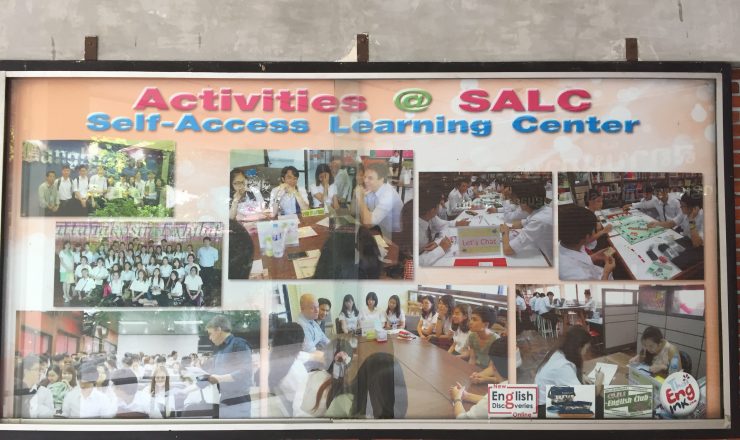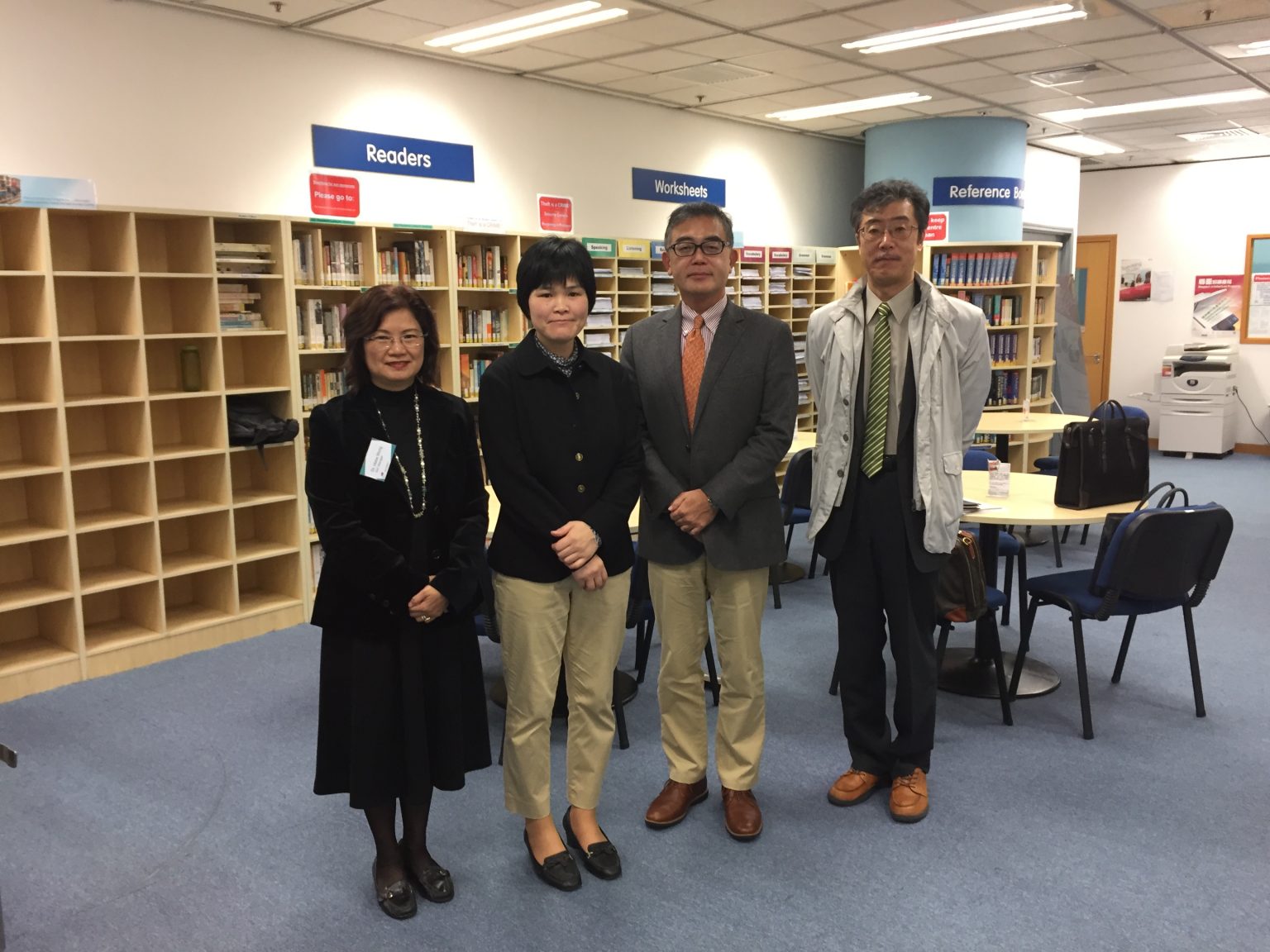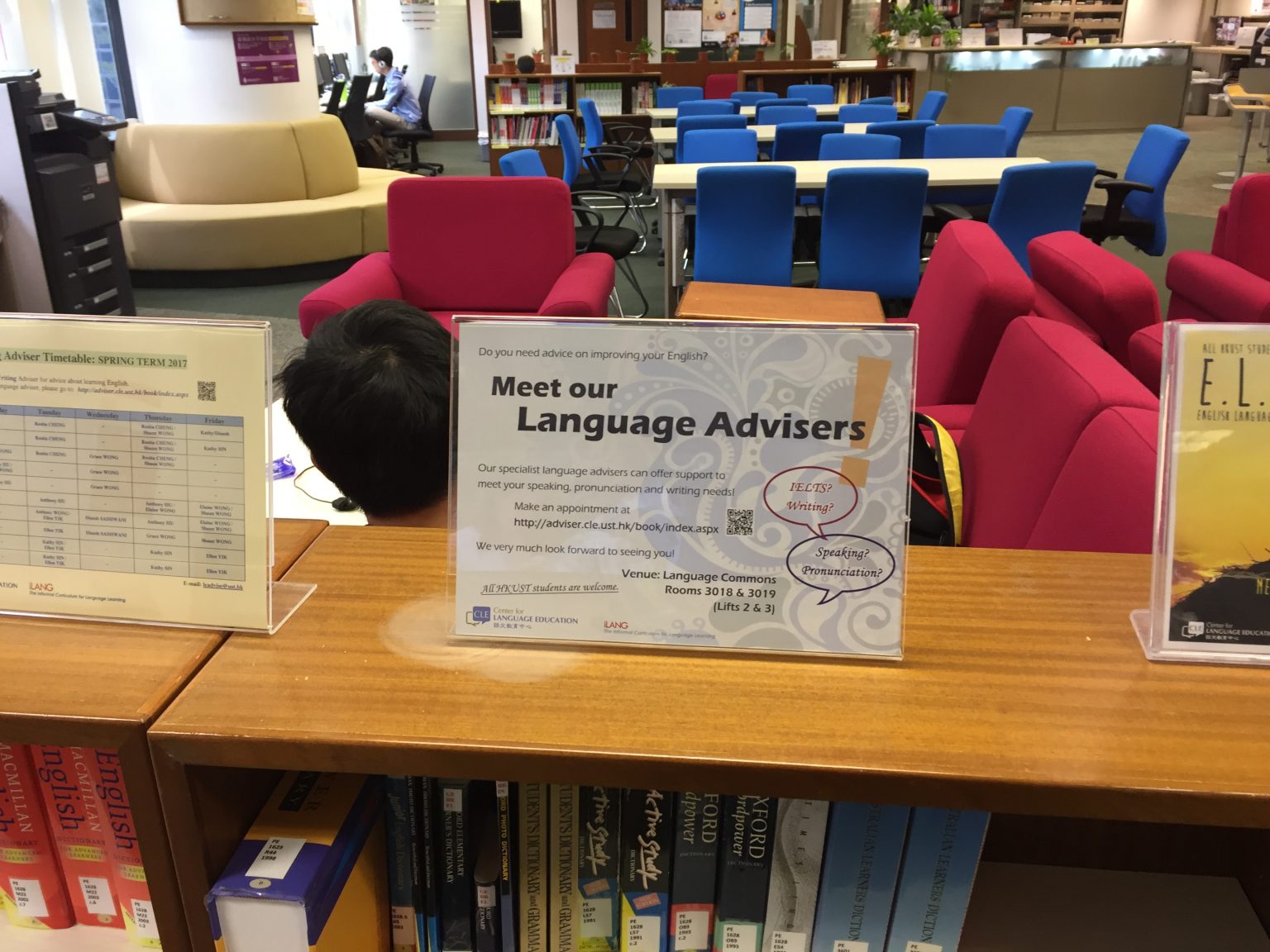A survey of English language learning support systems in higher education institutions in East Asia, with a focus on Hong Kong and Thailand

Presentation Points
- Field Survey of English Learning Support Systems Outside the Classroom at Universities in Hong Kong and Thailand
- Report on the current status and challenges of face-to-face English language learning support as well as IT
- Building an effective English language support system for Japanese university students
Summary
Several years ago, I heard from a friend (professor) in charge of English language education at the Hong Kong Polytechnic University that the English language proficiency of students was noticeably declining and that the university was therefore providing an English language learning center and website that students could freely use outside of class. I have the impression that English is commonly used in Hong Kong because it was once a British territory and is one of the world's leading international financial centers, but this is not the case. Therefore, we conducted a survey on the current status and issues of English language education support outside the classroom at universities in Hong Kong and other East Asian semi- and non-English speaking countries and regions, held a symposium by inviting people from Hong Kong, and presented the results of the survey in papers and lectures.
Specifically, we visited major universities in Hong Kong, Singapore, Malaysia, Thailand, and Myanmar - almost all in Hong Kong - to interview English language instructors and tour facilities.


The results showed that English language self-study centers called SALC (Self-Access Learning Center) and LC (Language Centre) are well developed, especially in Hong Kong and Thai universities, and that detailed English language (foreign language) study support outside of class is provided to meet individual student needs (see report below for details). (For details, please refer to the report below).
It is difficult for English education at Japanese universities, where there is no necessity to use English in daily life, where there is a lack of incentive to learn English, and where the number of hours of English classes is extremely limited, to meet the expectations of students to improve their English proficiency. Under these circumstances, it is important to improve the English class curriculum, develop teaching materials and methods, and strengthen the teaching ability of faculty members, but it is also necessary to enhance support for students' self-learning in English. We believe that the information and findings from this survey will be useful in determining what needs to be done and what should be done to motivate students to study English, to ensure that they have time to study English outside of class, and to make effective use of that time to make English study a habit for each individual student.

This research was partially supported by the Tohoku University Organization for Advanced Education and Student Support, and by the JSPS Grants-in-Aid for Scientific Research (Survey of Academic Writing Education in English in English-speaking and Semi-English-speaking Countries and its Application [JP16K132524]). The research is temporarily suspended in AY2020 due to the corona disaster, but will be continued in the future.
Publication, publication, etc.
〔Paper〕
- 東北大学高度教養教育・学生支援機構紀要, 4巻, 2018年3月, 東アジアの準英語圏・非英語圏における英語学習サポートシステムの実態調査―その経過と香港地域の大学の調査結果報告を中心に―, 江藤裕之・北原良夫・長野明子
- 英語教育, 67巻2号, 2018年5月, 東アジアの大学における特色ある英語教育サポートシステム, 江藤裕之
- 21世紀アジア学研究, 17号, 2019年3月, シンガポール、マレーシア、香港における英語環境と英語教育支援―日本人の英語を考えるヒントとして―, 江藤裕之
contact information
E-mail: hiroyuki.eto.d6 [@] tohoku.ac.jp
* Please convert (at) to @.

